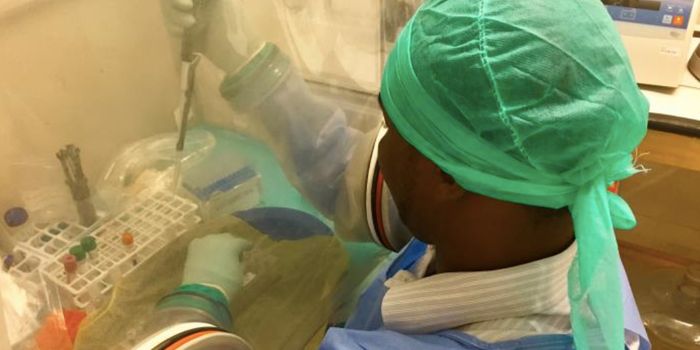The Strep Bacteria Could Stop Kidney Transplant Rejection
After waiting for months and even years for a kidney, those who had a successful kidney transplant must still continue to fight. That’s because the body is naturally built to reject foreign organs. To help curb the rate of rejection in kidney transplants, scientists turned to a drug therapy derived from an enzyme in the Streptococcus bacteria. This drug, scientists say, can prevent a patient’s antibodies from attacking the newly transplanted organ, which would increase the odds of a sustained transplant success.
When talking about kidney transplants, people can’t help but be more drawn into the high success rates. According to the National Kidney Foundation, “97 percent of kidney transplants are working at the end of a month; 93 percent are working at the end of a year; and 83 percent are working at the end of 3 years.” But those statistics are far from perfect. Within a one to three years, between 7 and 17 percent of transplant patients are back on the waiting list.
Transplant failure can occur for a variety of reasons, including infection, disease, and other procedural complications. However, the most common reason for kidney transplant failure is chronic rejection of the organ. In this scenario, the recipient’s immune system launches an intense attack against the newly transplanted organ. Although transplant patients are on a strict dose of medication to suppress the immune system, these drugs sometimes still aren’t enough to prevent organ rejection.
Researchers at the Kidney Transplant Program at Cedars-Sinai Medical Center recognized that donor-specific antibodies are the source of the problem in most rejection cases. They theorized that if these antibody levels were reduced, the risks for organ rejection would also be reduced.
To lower the organ-rejecting antibodies, the Cedars-Sinai team turned to the drug IdeS®, which is derived from an enzyme found in the Streptococcus pyogenes bacteria. Also known as Group A Streptococcus (GAS), this highly contagious bacteria is the culprit behind strep throat and other skin infections, some of which can be life-threatening.
Treating patients with IdeS® significantly lowered their levels of the organ-rejecting antibodies, even just after one hour. Some of those who were treated with IdeS® before and after transplantation showed no trace of these antibodies.
"We found that IdeS® could immediately cut patient antibodies in half, making them powerless to attack and injure a newly transplanted kidney," said Stanley Jordan, the medical director of the Kidney Transplant Program at Cedars-Sinai, and the study's lead author. "We can put a new kidney in a patient without it being rejected."
In their trial, 24 out of 25 patients were transplanted successfully after being treated with IdeS®.
"IdeS® could change the way we treat antibody rejections overall," said Jordan. "We think this approach to preventing organ rejection has the potential to offer significant benefits to those in need of heart, lung, liver and bone marrow transplants."
"We need larger studies to confirm the promising results of this unique approach to removing patient antibodies that threaten newly transplanted organs," Jordan said. "And we want to investigate any long-term impact IdeS® therapy may have on overall antibody production in patients."
Additional sources: Cedar-Sinai Medical Center









